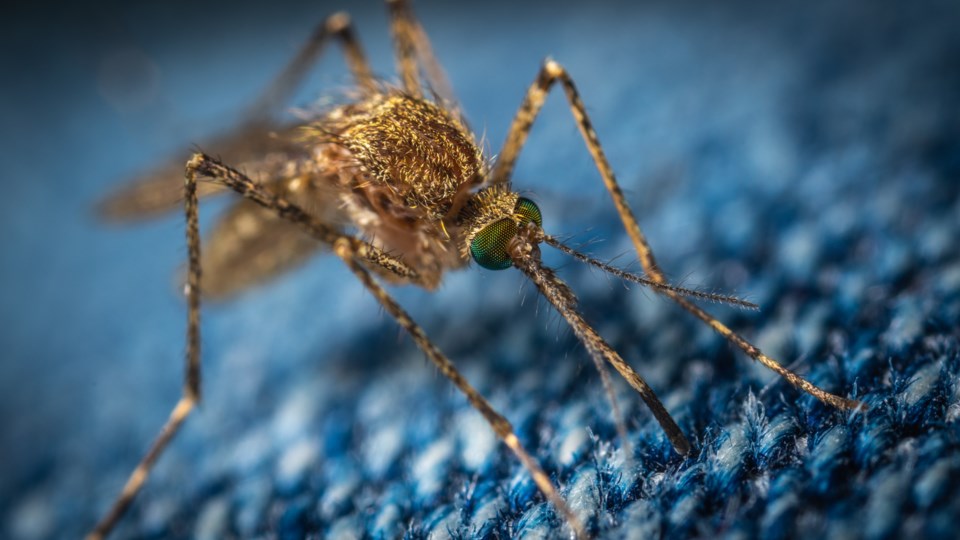It is the 20th anniversary of the 2003 West Nile outbreak, and Colorado's first human case of 2023 was confirmed on July 24. But what exactly is the West Nile Virus? And why is it important to protect yourself and your family from mosquito bites?
The cries of magpies and crows were notably absent in the unusually hot and wet Colorado summer of 2003. The culprit behind the mysterious deaths was the West Nile Virus, the most common illness spread by mosquitoes in the United states. This summer is much like the one 20 years ago, with perfect conditions for mosquitoes to thrive and bite.
Unlike magpies and crows, most people who develop West Nile infections do not get seriously ill. But for the one in 150 who do, the virus can cause serious infections of the brain and spinal cord, which can cause permanent disability, or even be fatal.
In the typical case, West Nile is often mild. Only 20% develop a fever. The other symptoms include weakness, fatigue, body and joint pain, vomiting, diarrhea, headaches or rash. What sets the West Nile Virus apart from other infections is how it can attack the human nervous system. It can lead to an infection of the brain (encephalitis) or the tissue surrounding the brain and spinal cord (meningitis).
West Nile encephalitis or meningitis can strike for any age group. But, it is more likely to happen to people who are 60 years or older, with one in 50 with severe illness being in this age group. Other medical conditions can increase the chance of serious infections, including diabetes, hypertension, kidney disease or cancer.
Hanna Voris is an energetic and vivacious 25-year-old small business owner and mother who became seriously ill with West Nile when she was 17 years old. She explained “In the summer before my senior year of high school I went on a bike ride with my friend and got a ton of mosquito bites. I wasn’t wearing mosquito repellent. A couple of days later I got the worst headache of my life. I was sleeping all the time, and I had no appetite. I’ve had type 1 diabetes since I was 9, and blood sugars were really bad. So my family took me to the emergency room.”
Voris’s symptoms match others with serious illness. Other symptoms of a serious infection include high fever, neck stiffness, disorientation, tremors, vision loss, numbness or paralysis. Unfortunately, there are no vaccines or specific medications for West Nile. Health care providers can only provide supportive care until the body can fight the infection off on its own.
“I was in the hospital for about 10 days. For the first 24 hours they had no idea what was wrong with me. They finally diagnosed me with West Nile and meningitis. I was in and out of consciousness for a lot of it. They had to do two spinal taps to get the pressure down in my brain. Even after I was discharged from the hospital I felt sick for a long time. I never used to get migraines before West Nile, and now I get one or two a month,” Voris said.
Other than migraines and other headaches, other long term neurological conditions can happen after a West Nile infection. These include coordination and memory problems, seizure disorders, depression and memory loss.
Since the only treatment is supportive care, the most important thing to prevent serious infection is to avoid being bitten by a mosquito carrying the virus. Local governments are continuing their efforts to reduce infection with extensive mosquito spraying efforts. But individuals can prevent infections by removing standing water near their homes, using mosquito netting, avoiding going outside between dusk to dawn when mosquitoes are most active and most importantly wearing a DEET insect repellent whenever outdoors.
“I always put mosquito repellant on my son [and I] whenever we go outside, even if there aren’t a ton of mosquitos around. It’s just not worth the risk to not wear it,” said Voris.


